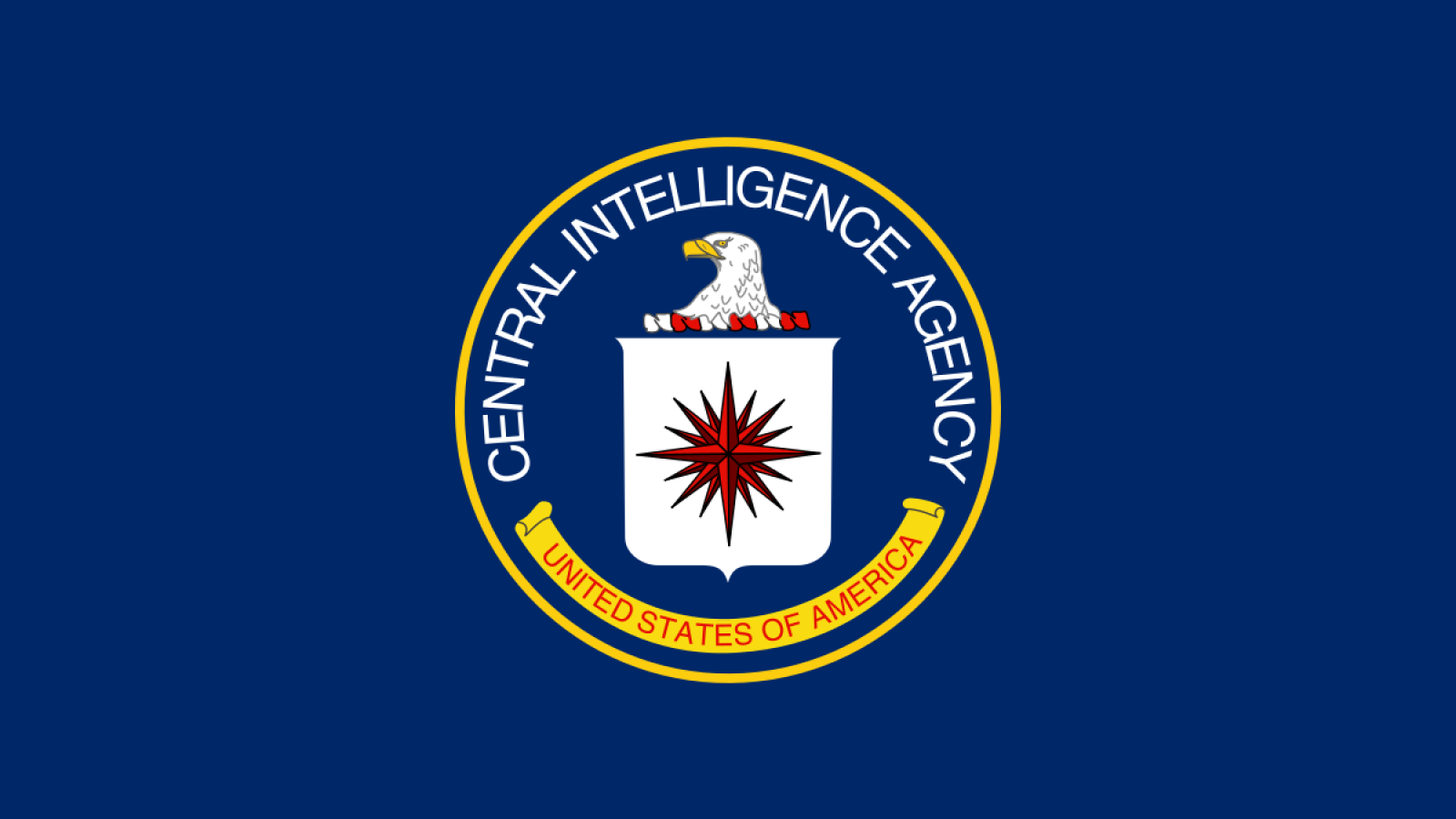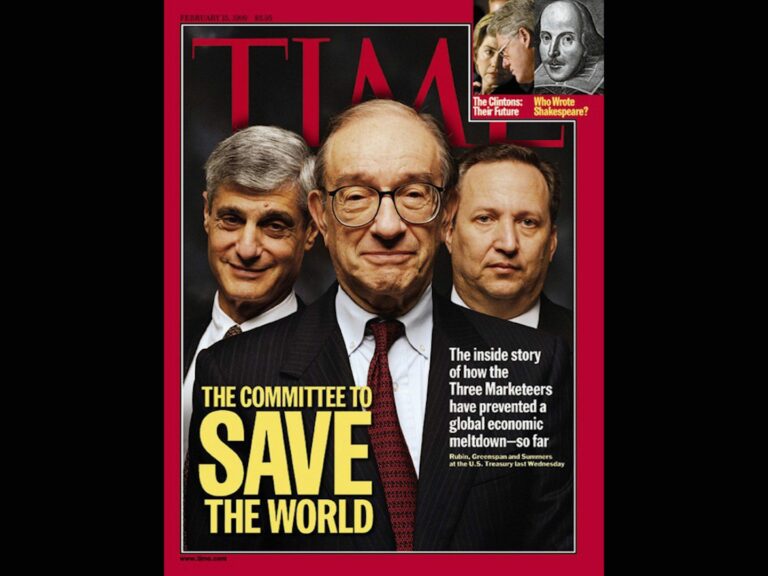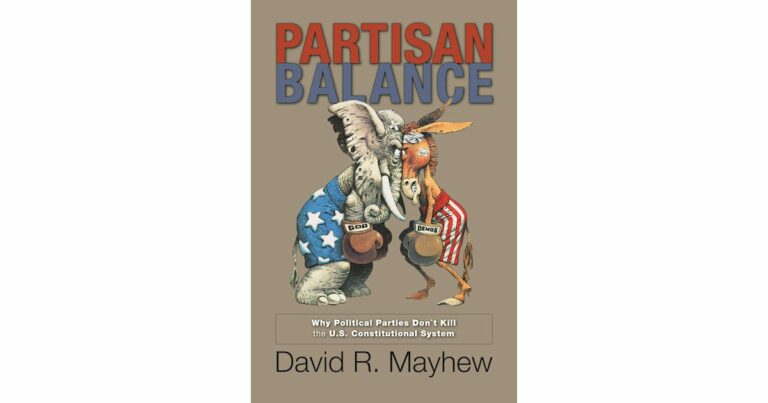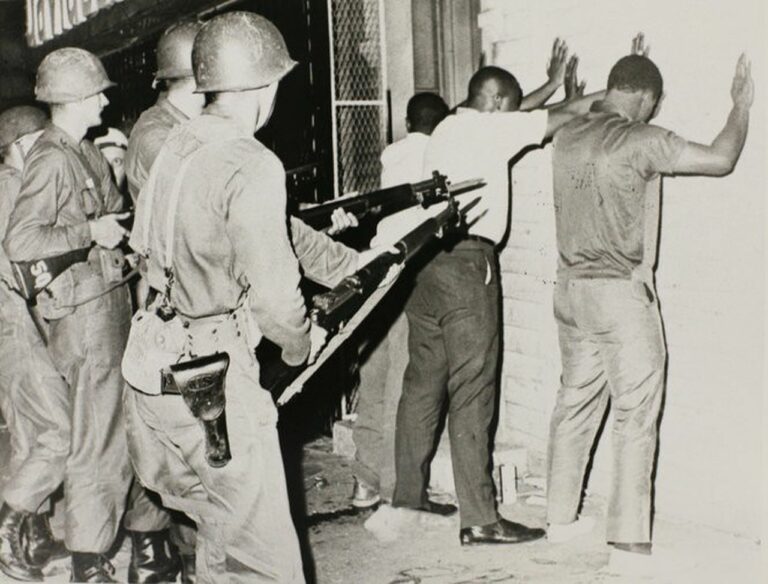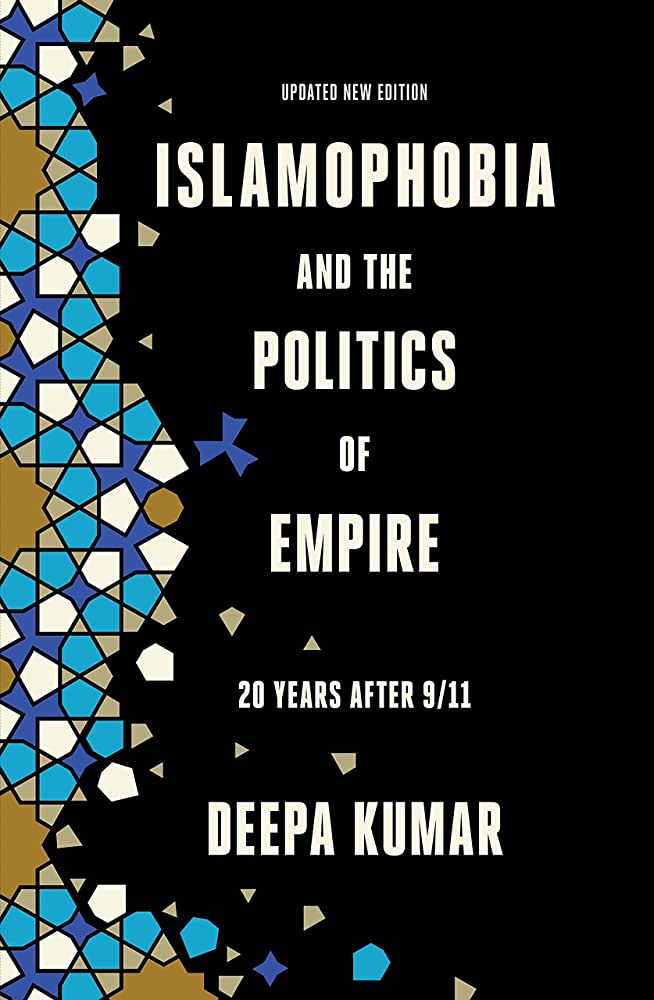How I Joined the CIA – John Kiriakou on Reality Asserts Itself (pt 2/10)
This is an episode of Reality Asserts Itself, produced on April 17, 2015. Mr. Kiriakou tells Paul Jay about being recruited to join the CIA in university.
PAUL JAY, SENIOR EDITOR, TRNN: Welcome back to The Real News Network. This is Reality Asserts Itself, and I’m Paul Jay. We’re continuing our series of interviews with John Kiriakou, who joins us again in the studio. Thanks for joining us.
JOHN C. KIRIAKOU, FMR. CIA ANALYST: Thanks for having me.
JAY: So, one more time, John’s a former CIA analyst and then became a caseworker. And he’s author of the book The Reluctant Spy: My Secret Life in the CIA’s War on Terror. He spent about 23 months in jail and is now under house arrest for another 40-odd days for being the only person convicted of having anything to do with the torture program in the United States. And, no, he wasn’t convicted for torturing anybody; he was convicted for whistleblowing. Thanks for joining us.
KIRIAKOU: My pleasure.
JAY: How did you get recruited by the CIA?
KIRIAKOU: In grad school I took a class called “Leadership”, very simply. It was taught by an eminent psychiatrist by the name of Dr. Jerrold Post. Dr. Post is one of the country’s leading thinkers in the area of terrorist psychology. So, in this class, one of our assignments was to shadow our bosses and write a psychological profile of that boss. At the time, I was working at United Food and Commercial Workers International Union in Washington–long history of labor involvement in my family. And I wrote a paper, and I said that I believed my boss was a sociopath and that he was potentially dangerous. And I offered evidence to show why I thought he was potentially dangerous. So I got an A on this paper. And in the margin, Dr. Post wrote, I’ve never done this before, but I urge you to resign from this job. I too believe that your boss is a sociopath. So I quit and got another job. In the meantime, he asked me to stay after class one day, and he said, “Do you have any job lined up after graduation?” And I said, “Oh, Dr. Post, not only do I not have a job; I don’t even have any prospects for a job, and I’m getting married a couple of weeks after graduation.” So he said, “Have you ever given any thought to the CIA?” And I said, “No, not really.” “Do you think you’d be interested?” I said, “Sure. I have nothing else going on.” And so he took me back to his office, went through his Rolodex (in the days when everybody had Rolodex). And as he was going through the Rolodex, I remember seeing one card that said, “Ollie North – Home”, and it had a number. And I thought, who is this guy that he has Oliver North’s home phone number in his Rolodex? And this is pretty much in the midst of Iran-Contra. We’re just after the end of Iran-Contra. So he calls a number and says, “Bob, are you free? I have a good one,” and hung up the phone and said, “You need to go to Rosslyn, the Rosslyn Metro station in Arlington, Virginia, go to this address, and ask for Bob.” So I got on the subway, took it one stop to Rosslyn. And I went to this completely nondescript building that no longer exists and went up to the sixth floor, and I buzzed a buzzer, and a uniformed cop of some sort came out and said, “Are you here for Bob?” I said, “I am.” So he lets me into a little atrium. And there’s another door that has a big spinlock on it and a cipher, like a bank vault. So he buzzes that door, and it opens, and a woman pops her head out–just her head–and she says, “Are you here for Bob?” I said, “I’m here for Bob.” So she lets me in. And a minute later, this huge, six-foot-five, 350-pound guy comes out, and with his hand out says, “Hi. I’m Bob. Are you John?” I said, “I am.” “Come on in here, John.” And I talked to him for a few minutes. And he said, “What I want you to do is Saturday morning at 8 o’clock be at the George Washington University medical center auditorium. You’re going to take some tests.” I said okay. So that Saturday morning, I went into town and went to the medical school auditorium. There were 200 people there at least. And the proctors handed out these stacks of papers. So one was a big map of the world, but it was just blank. All the countries were divided, but it was blank, and you had write in the name of every country. And I say in my book, I was always a map nut. So I just scribbled in the names of all the countries. And the next one was a current events test, multiple-choice. Crazy easy. Like, you didn’t even have to subscribe to a newspaper at the time. If you had just walked by the box holding The Washington Post and looked at the top half of the front page, you could have done well on this test. It was very easy. I finished that quickly. And then the first test was very long, several thousand questions. The questions were all yes or no. And I also mention this in the book. As an example, one of the questions was: I like boxing. And the truth is, I didn’t really care one way or the other about boxing. Mike Tyson was prominent at the time, and I liked Mike Tyson. So I thought, well, I don’t really care about boxing, but if Mike Tyson’s fighting, I’ll usually stop and watch it. So I put yes. But then, like, 234 questions later, it says: I like boxing. And I thought, geez, what did I say the first time? I can’t remember. I think I said yes. I think. And I put yes. And then another 400 questions later, it says: I like boxing. And I was like, geez, oh man. So you see what they’re doing. They’re looking for patterns. So I did it. I finished it. I finished it first of anybody. And I sat there for a while and looked around, and nobody else was getting up, so I thought, ah, I’m done. So I got up, I handed it to the proctor, and I walked out. My wife picks me up and she says, how’d you do? I said, I have no idea, I have no idea how I did. I said, the questions were so weird, I’m not sure what they were looking for. A week or so later, I get a call from Bob. He says, you blew the doors off that test. I want you to go to another equally nondescript building in Vienna, Virginia, and take some more tests.
PAUL JAY, SENIOR EDITOR, TRNN: Were any of the questions on the test political? What do you think of this, what do you think of that?
KIRIAKOU: No, nothing like that.
JAY: It’s all attitudinal.
KIRIAKOU: All attitudinal. The current events test was so simple it was–I remember one of the questions was the Prime Minister of Greece is (a) Andreas Papandreou, (b) Mao Zedong, (c) Leonid Brezhnev, or (d) U Thant. So, come on. You know, I just blew right through it.
JAY: When you’re thinking about joining the CIA, first of all, it doesn’t sound like you thought too much about it.
KIRIAKOU: I didn’t think at all about it.
JAY: But did it not occur to you to think about the Church committee, for example, that–you must have been aware (you’re a savvy guy) that–
KIRIAKOU: Oh, yeah. I had–.
JAY: –the Church committee–. But let me just–
KIRIAKOU: Sorry.
JAY: –well, just for people that don’t know, I mean, the Church committee that investigated terrible misdeeds–assassination attempts–so, I mean, terrible, terrible things that the Church committee revealed. And afterwards, there are many investigative pieces in newspapers and magazines, and the CIA had done bad stuff.
KIRIAKOU: Bad stuff.
JAY: That didn’t ring for you, do I want to be a part of this?
KIRIAKOU: I knew a guy in college whose father worked at the CIA, and I asked him if he would have coffee with me one day. And I asked him questions. And then there was a woman I knew in grad school whose boyfriend worked at the CIA. And I did the same thing with him. We had dinner one night. And they told me that, yes, the Church committee had revealed terrible crimes, but by God, the CIA had cleaned up its act, and it’s a great place to work, and you’re going to love it, because everything is good and everything’s clean now and everything’s by the book. And I said, great, that sounds like a place for me.
JAY: And who can say no to Bob?
KIRIAKOU: That’s right. Who could say no to Bob?
JAY: Alright. So you go to another nondescript building. And another Bob?
KIRIAKOU: No. I’m met there by three individuals: a psychologist, a psychiatrist, and an anthropologist. And they interview me. And they’re asking me questions like, describe your relationship with your mother. And I said, well, I have a terrific mother. You know, she’s always been supportive. We’ve always gotten along. And they look at each other and nod. Describe your relationship with your father. Was your father the disciplinarian in the family? And then, finally, they ask me a question that still sticks with me: have you ever betrayed a friendship? And I said, oh my God, I hope not. I don’t think so. I said, let me think about it. They said, no, no, that’s the answer we were looking for. I said, okay. When that was done, they took hair, blood, urine, sent me on my way. And then, a week later, Bob calls and says, you aced those tests, so we’re going to send you for interviews. So he set up a day’s worth of interviews at CIA headquarters. And a couple of weeks after that, I got an offer in the mail.
JAY: Now, you wrote in your book, I believe, that they like to look for people–did you call trending towards sociopath?
KIRIAKOU: Well, a CIA psychiatrist told me one time that the CIA looks to hire people with sociopathic tendencies–not sociopaths, because sociopaths have no consciences. But people with sociopathic tendencies are comfortable operating in moral and legal gray areas.
JAY: So do you think they found that in you?
KIRIAKOU: I think they probably did, because at that time, when they asked me the question–they offered a scenario. They said, you know that Mr. X has something in his house that you need, whether it’s a file or whatever. You need it. And you work on him to recruit him so that eventually he turns that file over to you. But he’s not recruitable. And in the end, when you ask him for the file, he tells you, no. What do you do? I said, I break into the house and take the file. Seemed like a perfectly logical answer to me.
JAY: ‘Cause they were–but you understood they were asking you–
KIRIAKOU: Oh, of course.
JAY: –to think like a CIA person.
KIRIAKOU: Absolutely.
JAY: I mean, did you believe that? Or you were feeding them something you thought they wanted to hear?
KIRIAKOU: No, I believed that. If Mr. X was a Russian scientist, let’s say, I would absolutely break into his house and take it. Right? We’re the good guys. They’re the bad guys.
JAY: Right.
KIRIAKOU: So, sure, I believed it.
JAY: So you’re hired. You go through orientation. And you write in the book that one of the people that’s giving you the orientation–I’m quoting–made the biggest impression. The director of the Office of Security made the biggest impression on you, saying something that stayed with you all these years, that, he said, the greatest threat facing America today is the threat of Soviet communism. And you didn’t think so.
KIRIAKOU: I thought that was absurd. This is January 1990, right? The Berlin wall’s down, the Soviet Union is breaking up, and Eastern Europe is turning democratic, and this old man is standing there telling us that the greatest threat we face is Soviet communism? I thought it was ridiculous. And I wondered if it was just for show, if it was to make us feel like, wow, we’re really part of something now. But as the years passed, I think I’ve come to the conclusion that he believed it, that he was one of those old timers who just couldn’t change with the times.
JAY: Just the culture was too embedded. What did you think was the greatest threat? And were you joining because you thought there was a threat? Or you were joining ’cause it’s something interesting to do?
KIRIAKOU: No, I thought it would be interesting. And, frankly, I was looking forward to the travel. That’s really what was most exciting for me. You know, I really didn’t think there was any large transnational threat at the time, except maybe terrorism. And I had my own thoughts on terrorism. I believed that the real threat was nationalist terrorism or communist terrorism, whether it was PFLP, DFLP, PFLP-GC, some of the Greek groups, the Red Brigades, the Action directe. You know, those were the groups that were killing Americans overseas. Hezbollah–although that was religious and not nationalist. That’s where I thought the real threats were coming, not the former Soviet Union. And that’s what it was at that point: it was already the former Soviet Union.
JAY: Right. So you get in and very quickly you’re sent to Kuwait?
KIRIAKOU: Well, I was given Kuwait as what they called a training account. I was told, you know, Kuwait has this very interesting democratic movement. People demonstrate every once in a while. They’re experimenting with a democratically elected parliament. So learn Kuwait, learn how to write in the CIA’s analytic style, and then you can move on to something really interesting, like Romania. That’s what the guy told me. So I thought, doggone it, I’m going to be stuck with this country where nothing ever happens; I’m never going to get promoted.
JAY: This is still based–you’re still in Arlington? Or you’re actually in Kuwait?
KIRIAKOU: No, I’m in Arlington, still.
JAY: Yeah.
KIRIAKOU: So I did Kuwait for four months. And then, in April 1990, I also picked up Iraq. And at the time, in the CIA, you could count on two hands the number of people that covered Iraq. And I mean in everything–analysis, operations. Everything. Press. You name it. Again, I was told that Iraq is a good training company. Nothing ever changes there. It’s the same cabinet since 1968, right? No changes, nothing happens, no trouble, no problems. I said, okay.
JAY: Now, just to be clear for everybody, you’re in the analysis section, not the operations section.
KIRIAKOU: No. We had very poor relations with Iraq at the time, so our embassy was very, very small. It was something like four or five people. There wasn’t really much reporting coming out of it. I’d read the Iraqi papers every day or translations of the Iraqi papers that weren’t in English. And I was really more focused on [Kuwait]. And then, on August 2, 1990, Iraq invaded Kuwait–I should say I was more focused on Kuwait. So Iraq invaded Kuwait. The night before the invasion, we predicted that the Iraqis would of course cross the border. And I had a softball game that night. The CIA has its own softball league. That way, if you say something classified, it’s okay, because everybody’s a CIA employee. Right? So I had a softball game that night. And one of the older guys came up to me and said, I don’t think you understand how important this Iraq-Kuwait thing is. He said, it’s one thing for our country to go to war with another country. Let me rephrase that. It’s one thing for our countries to go to war with each other, the countries that we cover. It’s an entirely different thing for the country we cover to go to war with us. He said, you have a chance here to really become somebody. So pay close attention and do your analysis.
JAY: And how much pressure was there on you, next-Iraq-war style, to shape and modify your analysis in favor of Saddam’s totally the bad guy, our hands are clean?
KIRIAKOU: Yeah, you mean in 2003?
JAY: No, no, no. I’m talking back this. When you’re analyzing–like, for example–.
KIRIAKOU: In 1990?
JAY: Yeah, prior to the first Gulf War. It later came out how much bullshit there was, like this infant that was supposedly–infants being tortured story was apparently a fraud. There’s pretty good documentation the American ambassador to Iraq lets Saddam know–.
KIRIAKOU: No, that’s not true. I was there that night. She got a bum rap on that. That was Ambassador April Glaspie.
JAY: Right.
KIRIAKOU: April Glaspie was instructed by the secretary of state, who was James Baker at the time, to go to see Saddam and to tell Saddam that the United States will not take a position on Arab-Arab border disputes. That’s all she said.
JAY: No, don’t think it’s ever–any more than that’s ever been said that she said. The interpretation’s been that we will not intervene.
KIRIAKOU: Well, after the fact, the press said that Saddam’s interpretation was that that was a green light. But her instructions were not to give him the green light.
JAY: I understand. As I’ve always heard the story, what you said is what she said.
KIRIAKOU: Yeah.
JAY: But there was never a suggestion that we would intervene. Quite the opposite: this is your business between you and Kuwait, and we’re going to stay out of it. That was the–.
KIRIAKOU: Nobody, nobody expected him to take the entire country. Frankly, we expected that Iraqi troops would move across the border and that they would take that narrow strip on the Kuwaiti side that included the southern tip of the Rumaila oil field. That’s what everybody expected to happen, ’cause, frankly, the truth of the matter is that Kuwaitis were drilling horizontally. So they were drilling in their little tip of the Rumaila oil field underneath the Iraqi border and they were stealing the oil.
JAY: Stealing Iraqi oil.
KIRIAKOU: Stealing Iraqi oil.
JAY: And you knew that at the time.
KIRIAKOU: Everybody did, and it was in the papers and everything. So everybody, including us, believed that the Iraqis would move across the border, take the oilfield, and that would be the end of it. In fact, within 24 hours they took the entire country and then just began murdering everybody.
JAY: But some of the murder stories were exaggerated. This murder of infants stuff didn’t happen.
KIRIAKOU: Yeah, I never understood why the Kuwaitis felt compelled to exaggerate those stories, because there were so many despicable crimes against humanity that Iraqi soldiers were committing in Kuwait. There was no reason to lie about them. I remember when the girl that you’re speaking about testified before Congress. I remember watching that at the CIA and saying, I know that girl. Isn’t she the Kuwaiti ambassador’s daughter? That’s Saud Nasser’s daughter.
JAY: Right.
KIRIAKOU: So, I mean, it only took about a day or two to break the story that this whole thing was a setup.
JAY: Right.
KIRIAKOU: And, frankly, the Kuwaitis were guilty of lying and trying to propagandize the situation. But so was their public relations firm. I don’t think the Kuwaitis came up with that on their own.
JAY: And when you say everyone expected it to come in and just take the oilfield, then it’s not that much of a stretch for Saddam to say, well, I have a green light to take the oilfield.
KIRIAKOU: At the time, I would have said that that was insane. I can see how he may have believed that he had a green light. But Ambassador Glaspie certainly did not believe she was giving him a green light.
JAY: ‘Cause the overall suggestion is that U.S. policymakers wanted Saddam to go–give him some rope to hang himself, because they wanted an excuse to have the first war.
KIRIAKOU: I never believed that, because Saddam was the only thing that we had standing between Iran and the small Gulf countries. We needed Saddam and the Iranians to just kill each other for decades.
JAY: Well, that’s the same argument made about the next Saddam war, except that didn’t stop the invasion.
KIRIAKOU: Right.
JAY: So one can wonder.
KIRIAKOU: Yeah. Well, that just goes to show you what a stupid policy we had in 2003, to provoke this war with the Iraqis, because now we’ve created a regional hegemon in Iran. We took out an entire sect of Iraq, and we’ve disenfranchised Sunnis, we’ve taken their positions, we’ve taken them out of government and out of the military, and you have an entirely Shia military in Iraq now that is in some ways supportive of Iran’s theocracy and in other ways accepting of it.
JAY: We’re going to carry on with your story from Kuwait further in the next segment of our interview. Please join us for the continuation of Reality Asserts Itself with John Kiriakou on The Real News Network.
“John Chris Kiriakou (born August 9, 1964) is an American author, journalist and former intelligence officer. Kiriakou is a columnist with Reader Supported News and co-host of Political Misfits on Sputnik Radio.
He was formerly an analyst and case officer for the Central Intelligence Agency (CIA), senior investigator for the Senate Foreign Relations Committee, counterterrorism and a consultant for ABC News. He was the first U.S. government official to confirm in December 2007 that waterboarding was used to interrogate al-Qaeda prisoners, which he described as torture.
In 2012, Kiriakou became the first CIA officer to be convicted of passing classified information to a reporter. He pleaded guilty and was sentenced to 30 months in prison.”
